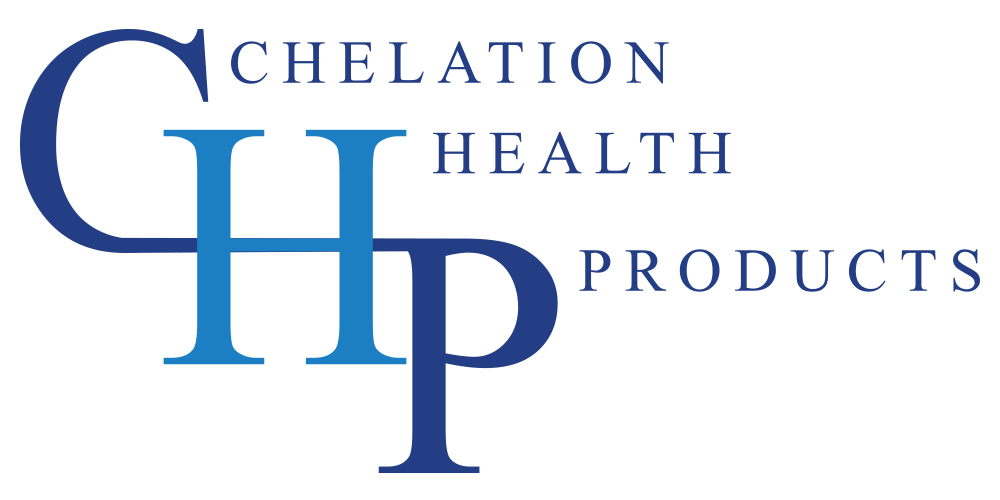Uncategorized
How to Repair Your Body After Substance Abuse
Overcoming substance abuse is no small feat. As you progress through your recovery, like many, you might face a new challenge: understanding how to repair your body after substance abuse. The toll substance abuse takes on one’s well-being extends beyond the mind—it impacts every fiber of one’s physical health.
Table of Contents
The Silent Struggle: Beyond Addiction
Substance abuse affects more than just our minds; it permeates into our very cells, weakening our physical and mental resilience. Like a vehicle neglected for years, our bodies require maintenance, care, and sometimes even a complete overhaul.



The good news? There are concrete steps one can take to rejuvenate and revitalize the body post-substance abuse. Here are eight ways to get started.
1. Balanced Nutrition for Recovery
Fueling your body with balanced nutrition is pivotal when navigating recovery. Consuming foods abundant in essential vitamins, minerals, and antioxidants aids in mending cells and tissues damaged during substance use. Lean proteins, like chicken and tofu, provide building blocks for tissue repair, while whole grains, such as quinoa and oats, offer sustained energy.
Vegetables and fruits, especially those rich in vitamin C, like oranges and berries, boost collagen production, which is essential for skin repair. Additionally, maintaining proper hydration is key. Not only does water flush out lingering toxins, but it also optimizes every metabolic process, enhancing overall bodily functions.
2. Supplements and Vitamins
Nutrition is paramount, but as substance abuse leaves lasting impacts on the body and mind, additional assistance may be necessary. Integrating the right supplements and vitamins is vital to repair your body after substance abuse. While natural foods lay a foundational framework, certain premium detoxification supplements provide targeted nourishment that hastens the healing trajectory.
Omega-3 fatty acids, for instance, play a role in cognitive improvements, while B vitamins are instrumental in energy metabolism. Minerals like calcium and magnesium are pivotal for fortifying bone and muscle health, which could be compromised due to substance misuse. Before embarking on a supplement regimen, a consultation with a healthcare professional is imperative to ensure the chosen supplements align with your unique recovery needs and don’t conflict with existing treatments or medications.
3. Physical Activity and Rehabilitation
Physical activity plays a multi-faceted role in recovery. Engaging in consistent exercise aids in rebuilding muscles that might have atrophied during periods of substance misuse. Aerobic activities, like jogging or cycling, enhance cardiovascular health, ensuring oxygen-rich blood nourishes every cell. On the other hand, resistance training strengthens core muscles, improving posture and reducing bodily discomfort.
Furthermore, the psychological benefits are invaluable. Exercise triggers the release of endorphins, the body’s natural mood elevators, alleviating feelings of anxiety or depression. Any fitness routine should be gradually tailored to one’s current health status. It’s also beneficial to explore varied activities, finding those that resonate most, ensuring both physical and mental rejuvenation.
4. Mental Health Counseling
Addressing mental well-being is integral to holistic recovery. Professional counseling is fundamental, offering tools and strategies tailored to individual needs. A trained therapist provides coping mechanisms and a safe space to process underlying traumas that might have contributed to substance misuse.



Moreover, connecting with others through group therapy sessions fosters a sense of belonging, providing mutual encouragement. This shared experience can amplify the feeling of progress, making the recovery journey less solitary. Mental health practices, like guided mindfulness meditation, further enhance cognitive clarity and emotional balance, acting as grounding anchors during tumultuous times.
5. Regular Health Check-Ups
Committing to frequent health check-ups is non-negotiable during recovery. These assessments can reveal underlying issues, such as liver or heart conditions, exacerbated by substance use. By monitoring blood work and other vital stats, professionals can gauge areas needing attention.
For those curious about specifics, like how long cocaine stays in your system, physicians can share insights and prescribe further detox measures if necessary, ensuring a thorough cleanse of any lingering substance residues.
6. Natural Detoxification Methods
Employing natural detoxification techniques can supercharge your path to health and wellness. Green tea, rich in antioxidants, combats free radicals in the body. Regular sauna sessions promote sweating, a natural method of expelling toxins.
Breathing exercises, particularly deep diaphragmatic breathing, enhance oxygen levels, supporting cellular functions and promoting a sense of calm, further emphasizing the importance of detoxification to boost health and wellness.
7. Immune System Fortification
Restoring and fortifying the immune system remains paramount post-substance abuse. To increase your immunity for better wellness, a multi-pronged approach is beneficial. Consuming foods abundant in immune-boosting nutrients—think citrus fruits for vitamin C, yogurt for probiotics, and nuts for zinc—is essential.
Concurrently, ensuring adequate rest, managing stress through activities like reading or hobbies, and maintaining a routine exercise regimen are crucial components of a robust immune defense system.
8. Rest and Recuperation
A well-nourished and active body is only part of the recovery equation; the magic of true healing often happens in moments of stillness. Proper rest and deep sleep trigger the body’s innate repair mechanisms, mending tissues and rejuvenating cells. Establishing a regular sleep schedule, free from interruptions, ensures that both REM and deep sleep phases are achieved, which is vital for cognitive and physical restoration.



Besides nightly slumber, mindfulness meditation or even simple afternoon naps can offer a mental reprieve. Creating a serene sleep environment, perhaps with soft lighting or calming music, can further aid relaxation. As you embrace these moments of calm, you provide your body with the optimal setting to recuperate and revitalize, preparing it for the challenges and joys of each new day.
Building a Future of Wellness
Recovery from addiction isn’t just about leaving substances behind—it’s about embracing a brighter, healthier future. Learning to repair your body after substance abuse is akin to relearning self-love and self-care. The body is remarkably resilient, and with consistent efforts in nutrition, physical activity, mental care, and more, it can bounce back with renewed vigor. This may seem unnerving at first, but remember, each step taken is a stride toward a life brimming with potential. With commitment and understanding, a revitalized life awaits, signaling hope and promise for all those on the path to recovery.


